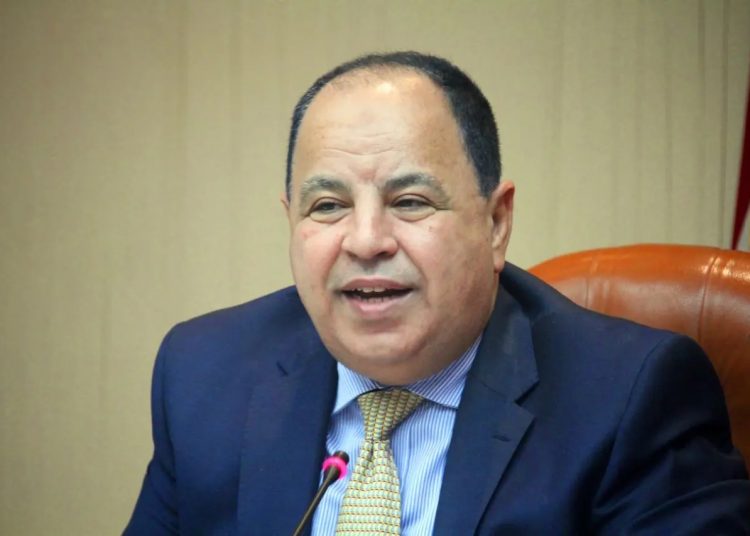Egypt’s government increased spending on subsidies by 50.9 per cent, including a 34 per cent rise of social protection, Minister of Finance Mohamed Maeet said on Friday.
Egypt’s fiscal year begins on July 1.
He said final account for fiscal year 2022/23 reflects the state’s interest in expanding the social protection network nationwide in line with presidential directives to reduce the burden on citizens as much as possible, citing exceptional global economic challenges, which accompanied negative repercussions of geopolitical tensions in the region as well as inflationary pressures and disruption of supply chains.
The government has reduced the gross budget deficit to six per cent of GDP, posting a primary surplus of 1.6 per cent in fiscal year 2022/23.Moreover, the government has also cut debt to 96 per cent of GDP in fiscal year 2022/23, down from 103 per cent in June 2016, Maeet said.
The minister reiterated the government’s keenness on enhancing the efficiency of public spending on health, education and social protection, within the framework of implementing the strategy for building the Egyptian human being.
The objective is to ensure citizens’ health and educational advancement, according to Maeet, who noted that spending on health and education rose by 8.2 and 8.9 per cent in fiscal year 2022/23 respectively.
The final account for fiscal year 2022/23 was submitted to the House of Representatives.
Maeet said the state treasury paid LE191 billion, an annual premium allocated to the National Social Insurance Authority as part of the agreement to resolve disputes with the Ministry of Social Solidarity, in light of the Social Insurance and Pensions Law, in a bid to ensure the provision of necessary financial liquidity to serve pensioners, their beneficiaries.
The minister pointed out that state-of-the-art electronic systems had contributed to increasing tax base by including part of the informal sector, raising the efficiency of tax collection system, lifting tax revenues by 26 per cent.






Discussion about this post